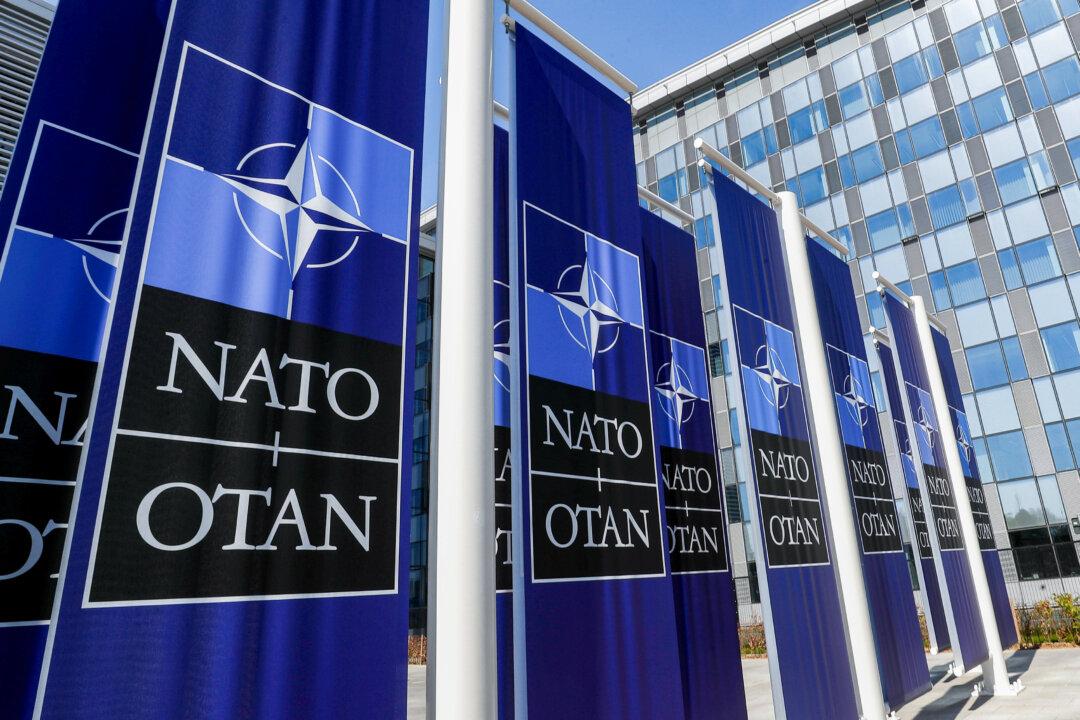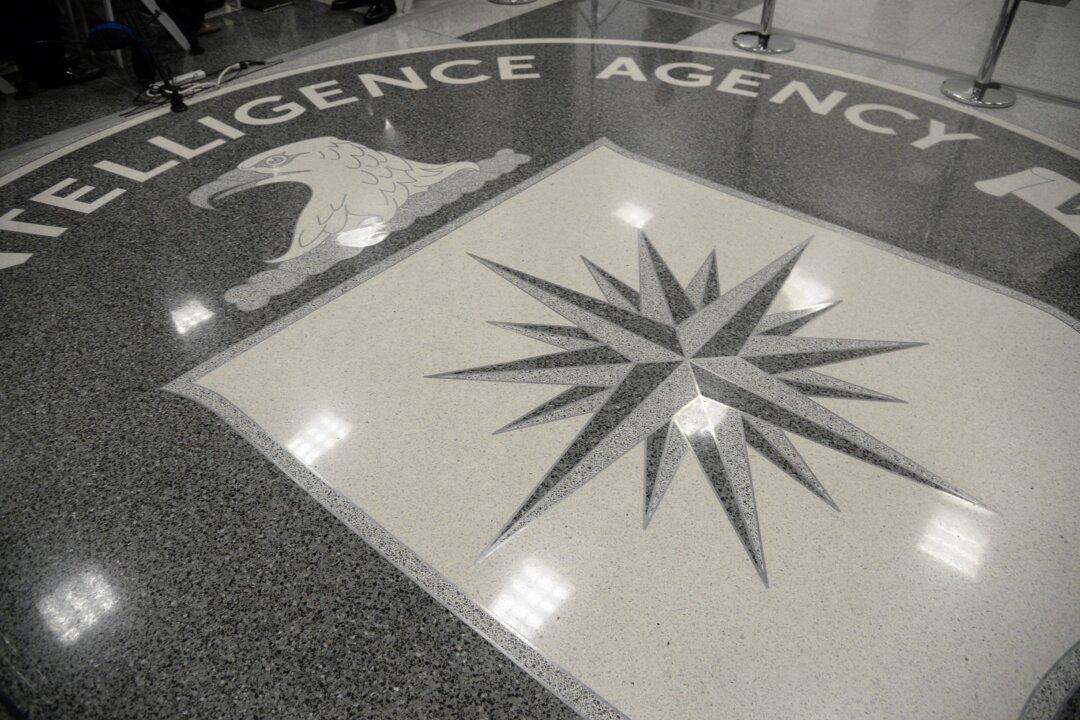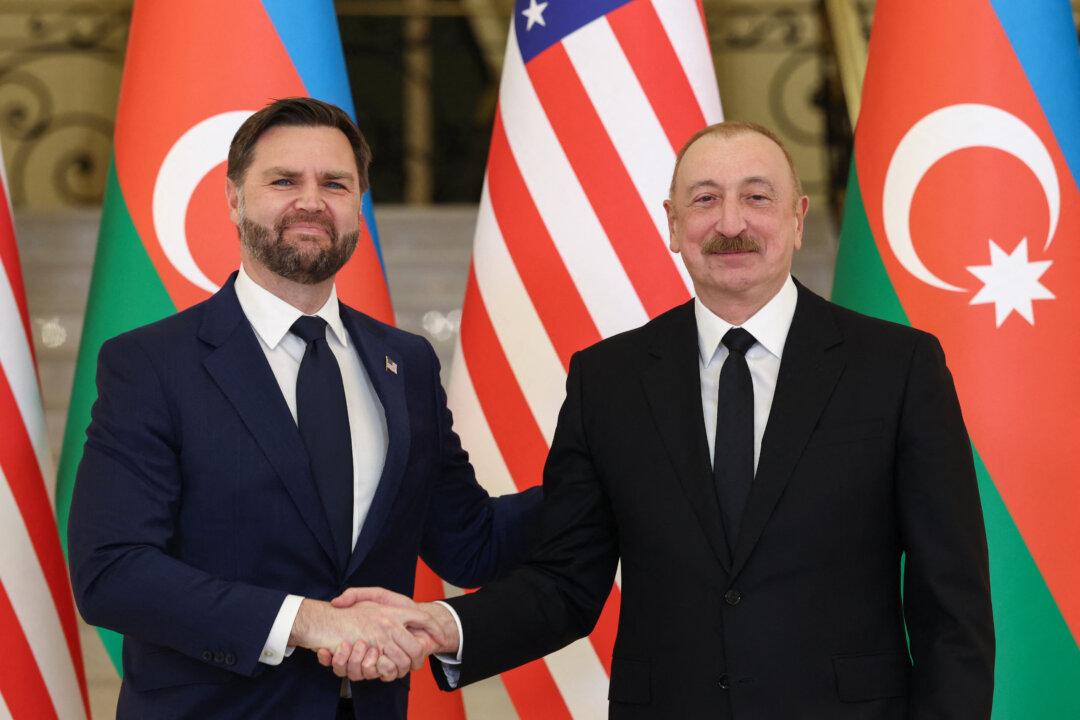Sen. Tim Kaine (D-Va.) and Sen. Marco Rubio (R-Fla.) reintroduced a bill on Wednesday that would constrain any U.S. president from ever withdrawing from the North Atlantic Treaty Organization (NATO) alliance.
“NATO serves as an essential military alliance that protects shared national interests and enhances America’s international presence,” Mr. Rubio said on Wednesday. “Any decision to leave the alliance should be rigorously debated and considered by the U.S. Congress with the input of the American people.”





